The next big thing in Australian aviation might be Regional Express, or more commonly known as Rex, after it was disclosed that the airline is looking to take on Qantas and Virgin (Virgin Mk II?) on capital city routes.
Specialising in regional flying using a healthy fleet of Saab 340s since its launch in 2002, Rex is already a seriously important airline for Australia. By connecting regional towns to capital cities, people are able to attend work in and out of town; without having to hit the road for hours, or even days.
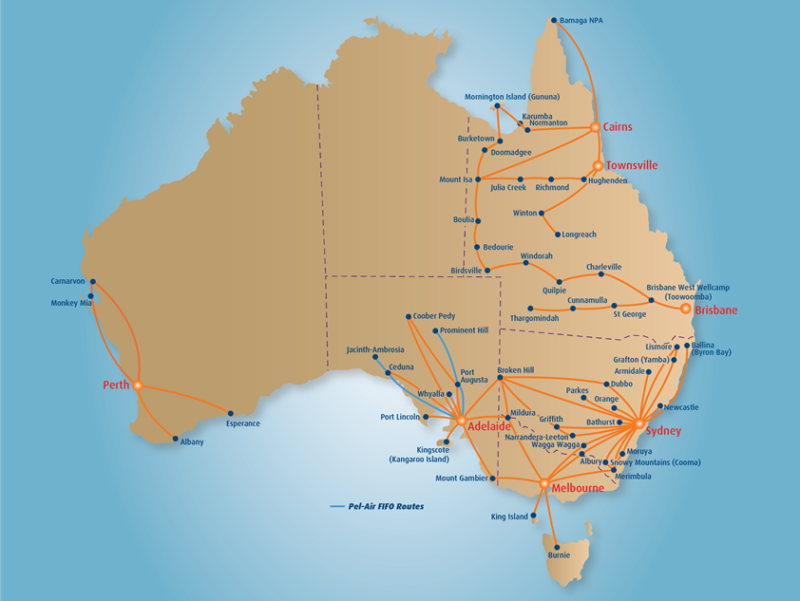
I live in Wagga Wagga, New South Wales and whilst it isn’t the smallest of regional towns, it certainly isn’t Sydney or Melbourne in terms of facilities, work and general leisure. Already in my three years living here Rex has been pivotal in providing easy access to Sydney, which is my city of origin.
Wagga Wagga has the choice of two airlines, Rex or Qantaslink, both of which offer similar products, however Rex has one thing going for it in my eyes and that’s simple down-to-earth service.
Price wise, Rex isn’t exactly the cheapest for a 50 minute flight to Sydney on a turboprop; but Qantas isn’t boasting the greatest prices either, thats just a blanket fact when flying regionally in Australia. In an extreme case, a flight to Sydney from Wagga and back set me back around $400 Australian.
The recent announcement that Rex is looking to expand their operations, beyond regional flying, is an exciting prospect; especially for an airline that is considered a “cute” but uniquely powerful player in the Australian aviation market.
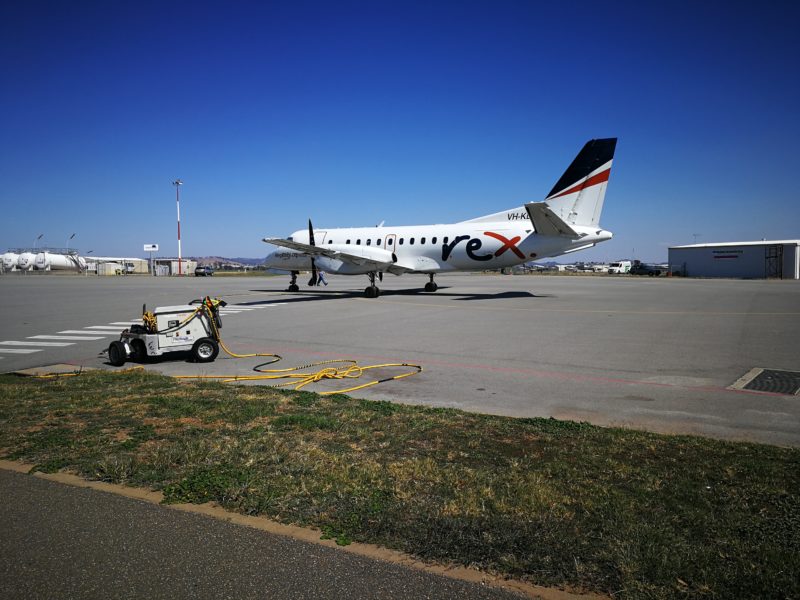
In a statement to the Australian Securities Exchange (ASX), Rex has confirmed that they have received attention from several parties; all being interested in providing the equity needed to begin domestic flying operations in Australia.
To arrange a fleet of narrow-body jets suited to domestic flying, plus the facilities, crew and operational costs involved, Rex would need approximately $200 million, however the full details over how this will be raised is yet to be determined.
The Australian Financial Review notes that acquisition of any new aircraft would see Rex hire new pilots, cabin crew and ground staff. A potentially easy effort given the amount of pilots seeking work.
Discussing the matters on a ABC Radio interview, Rex Deputy Chairman John Sharp said the following:
“Presently, Rex flies to the regional centres to all the [mainland] capital cities in Australia. The proposition is to fly between them and provide a domestic air service in place of the ones provided by Virgin.”
Virgin Australia was forced into voluntary administration, after they failed to maintain financial stability on top of their previous losses in the middle of the COVID-19 pandemic. The airline, and their administrators, is currently in the process of discussing new business opportunities with potential buyers.
The primary concern is that Virgin might not return to their full potential; leaving a significant amount of air travel to Qantas, sparking fear over ticket prices. As a result of this, Rex is now taking this as an opportunity to slide into one of the world’s most profitable routes.
According to a Forbes article by Dominic Dudley, Melbourne to Sydney is the world’s second most lucrative route after London Heathrow to New York JFK. An August 2019 article, from Australian Frequent Flyer, highlighted Qantas’ monstrous $1.27 billion revenue from the Melbourne to Sydney route alone.
Importantly, Rex isn’t just eyeing Melbourne to Sydney; other flights between Sydney, Brisbane, Adelaide and Perth are also being looked at, which are exactly the flights at the centre of Qantas, Jetstar and Virgin.
By announcing interest in domestic flights at this time of year, Rex could be playing a sneaky game to shy away potential Virgin buyers; since the first bids were due today, Friday 15th of May. In previous statements to the media, Virgin Australia’s administrator, Vaughan Strawbridge of Deloitte, has said that bids for Virgin could be reduced if a more competitive market is seen in the future.
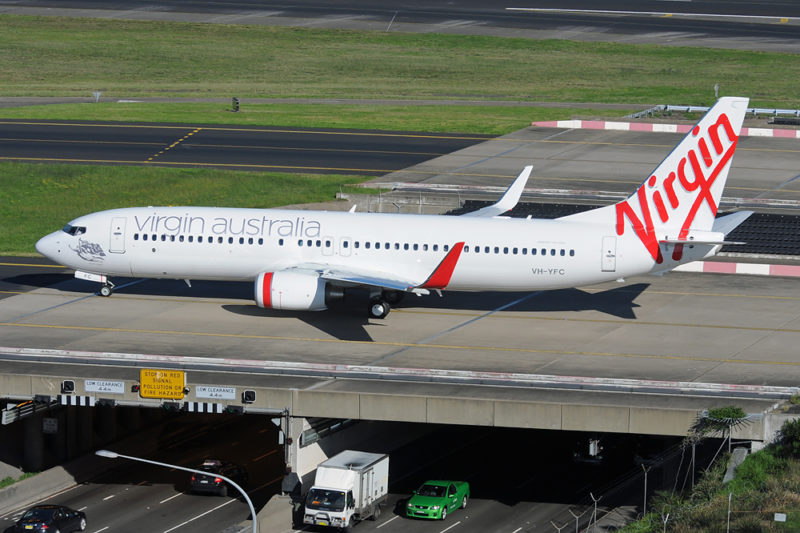
For Virgin to lose out on their chunk of this “money machine” route to Rex would just be another blow to their future potential and thus even less reason to invest.
To begin operating such powerful flights, Rex is looking to lease around 10 aircraft; with the two favourable options in mind being the Airbus A320 or Boeing 737. One side of the argument would say acquiring aircraft in the middle of a global travel slump is a bad idea, however the advantage is excellent acquisition prices.
Another benefit to forming such an idea now is the time available to prepare and get it right. By the time Rex is ready to begin domestic flights in their proposed March 2021 start date, domestic travel should hopefully be beginning to get back into motion. Whether Virgin will be in the mix remains unknown.
In terms of service, little is known about the details due to the fact that this is only a recent announcement. However, Rex has noted that they intend to offer a product that sits between Qantas and Jetstar; which would indicate a semi-low-cost model is in mind. A comparable product can be found overseas in the likes of JetBlue and Norwegian, as mentioned by Executive Traveller.
After years of being a small regional powerhouse of an airline, Rex’s ambition to step up to Qantas and Virgin is going to be an interesting ride. A stable and necessary airline to the Australian people; Rex has the capability of expanding, but will domestic flying push it too far?
Whilst it may seem risky for a small airline, who is used to turboprop flying, to want to step up to the big guns, Rex is a confident and stable business, where a small and calculated risk would cause limited damage.
A decision is expected to be made in the coming weeks.
What are your thoughts on Rex’s expansion plans?
Feature image by Bidgee, via Wikimedia Commons:

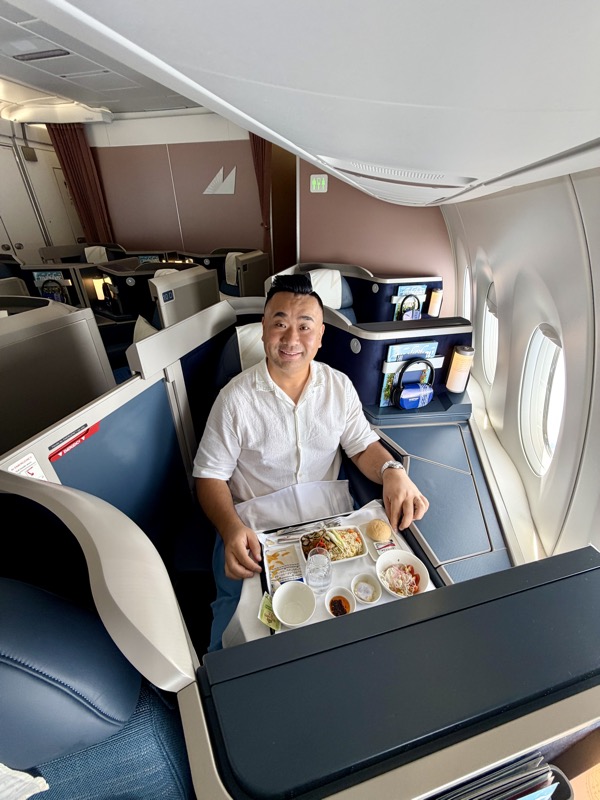
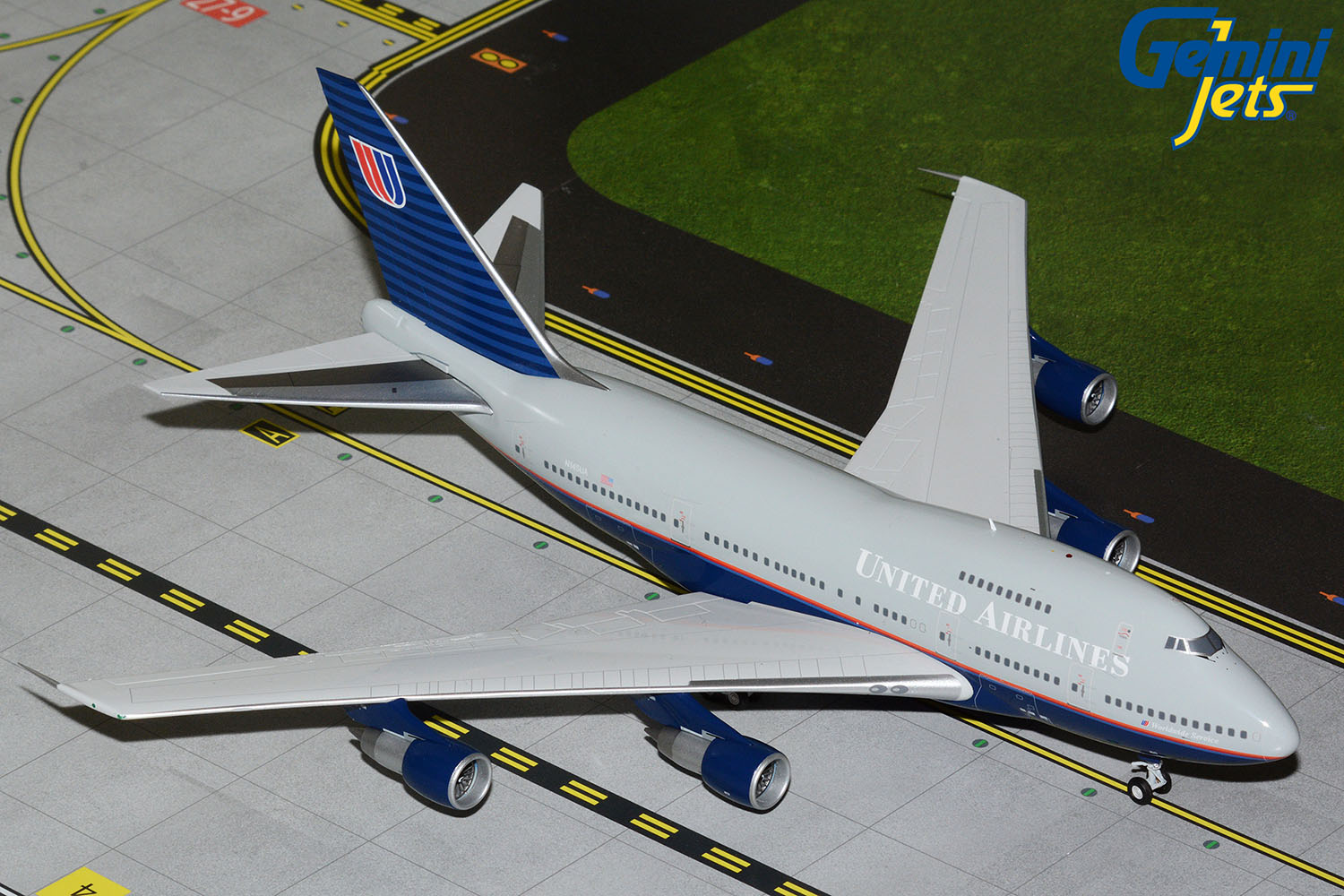
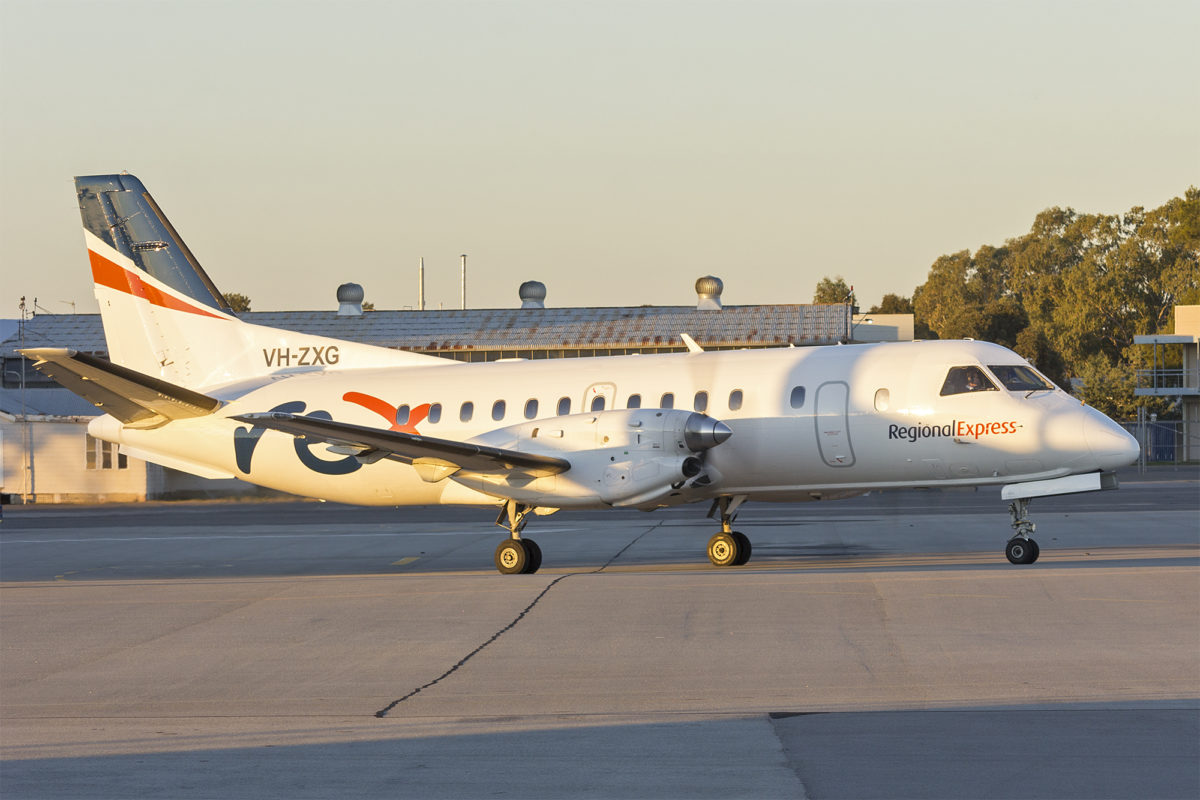
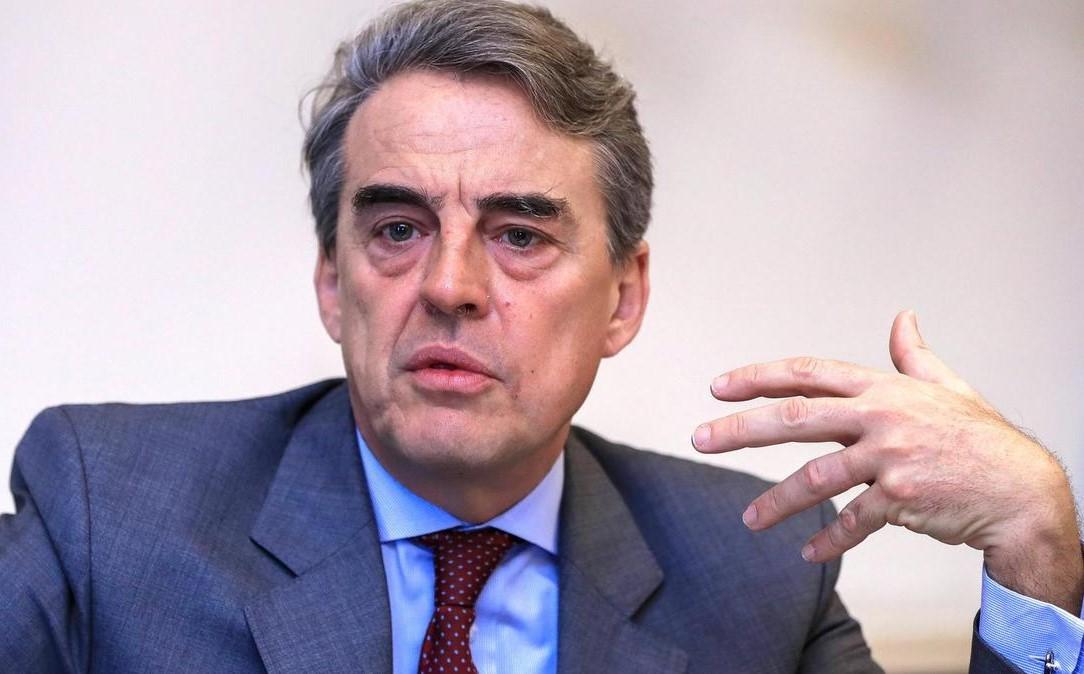
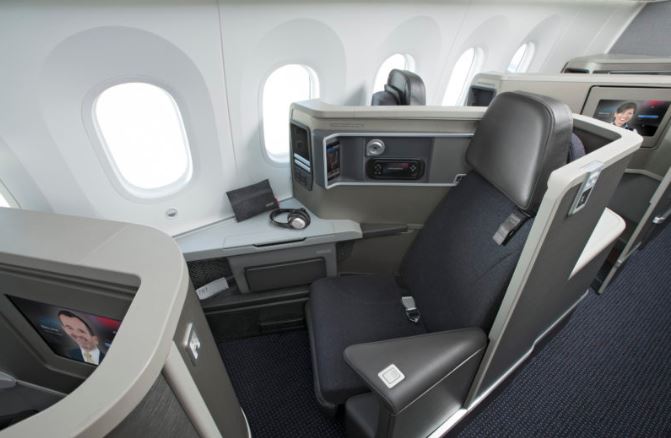
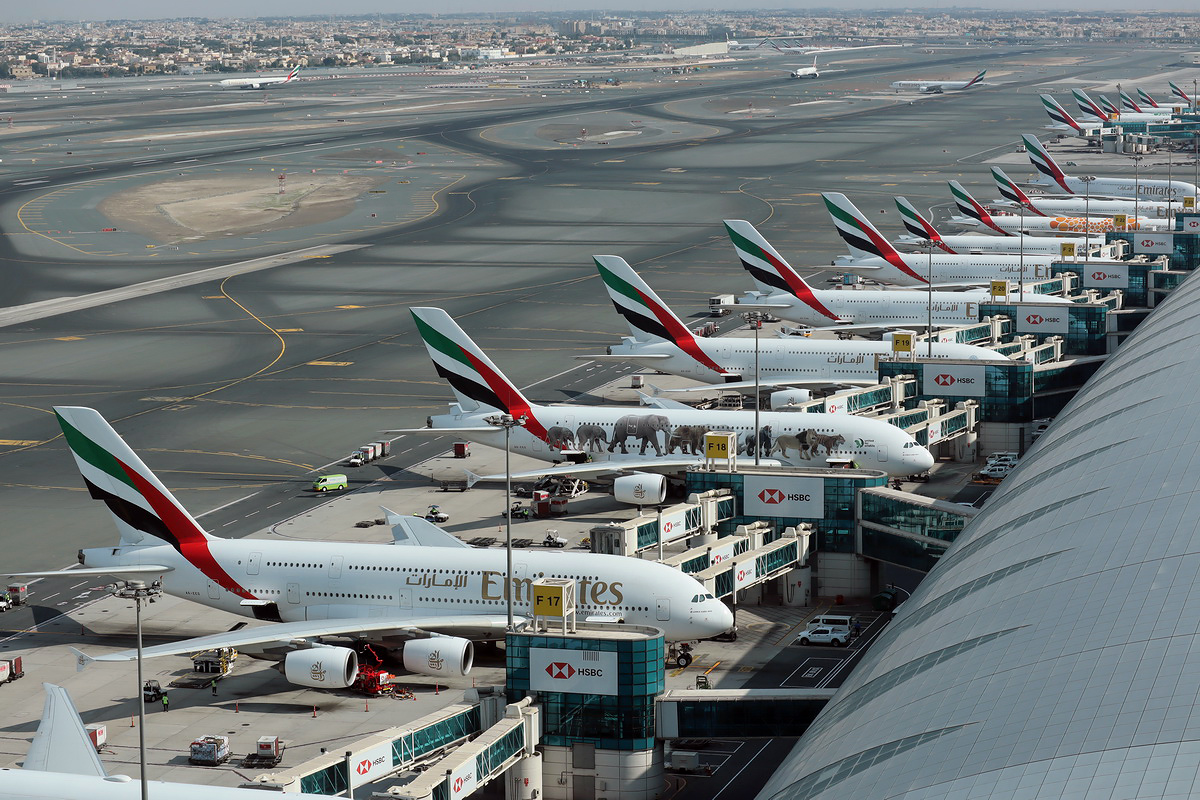

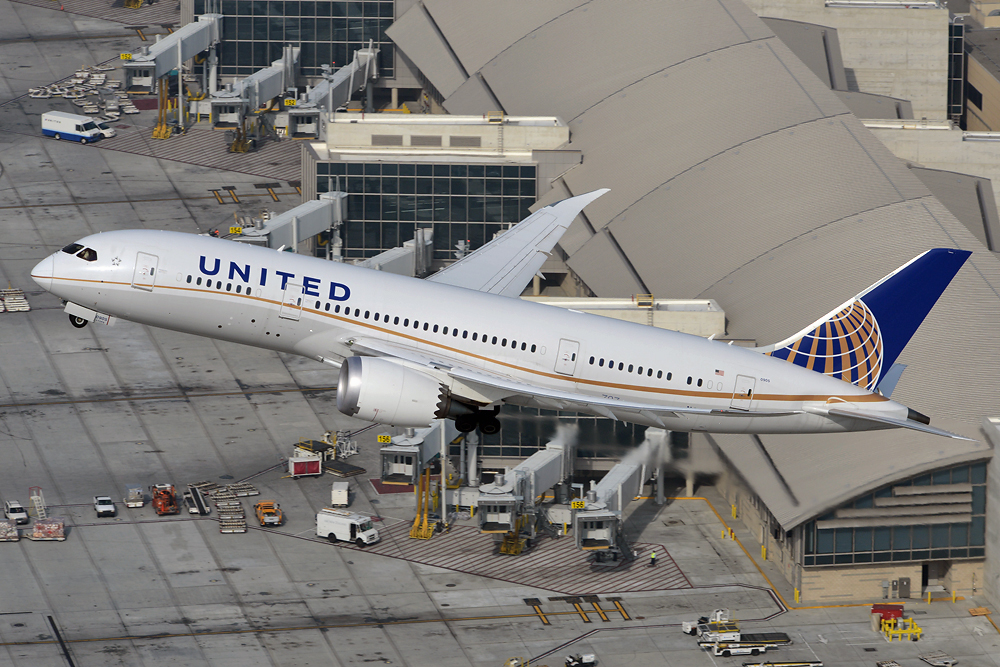
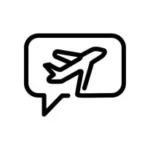

So I wonder if the funding provided by MM was national party thing or was he being blackmailed by Rex to protect his wife’s affair with a REX employee? Whoops, maybe he didn’t know any of that and it was just political.
Rex has one thing going against it in my eyes and thats the miserable pittance they pay their pilots.
Rexes’ cadetship program locks aspiring commercial pilots into an 8 year program where if they get a job with a real wage they have to pay back the balance of their $100 000 ‘loan’ instantly, thats on top of the $35 000 they have to fork out to get into the program. Even the air force pays you while you train and doesn’t sign you up forever with financial penalties.
Rex has kept flying because of continued govt support – and only on routes and in states that paid for their flights, in addition to passengers paying.
The biggest hurdle that REX may face is Regulatory Approval on a number of fronts . Everything from what type of other aircraft it intends to use, where it will all be based, ie its current or a new location. Routes it intends on expanding to , what or where its maintanence base will be located, flight training, crew training, etc . Etc. Interesting that it suddenly wants to go from turbo props to Airbus or Boeing aircraft or both.
“Australia’s next big airline”? Hardly, as it’s another one owned by foreigners. They have already milked the Australian taxpayer for more money than Qantas and Virgin combined during this crisis.
AirAsia has some brand new undelivered A320 configured to all economy without backseat screens for sale.